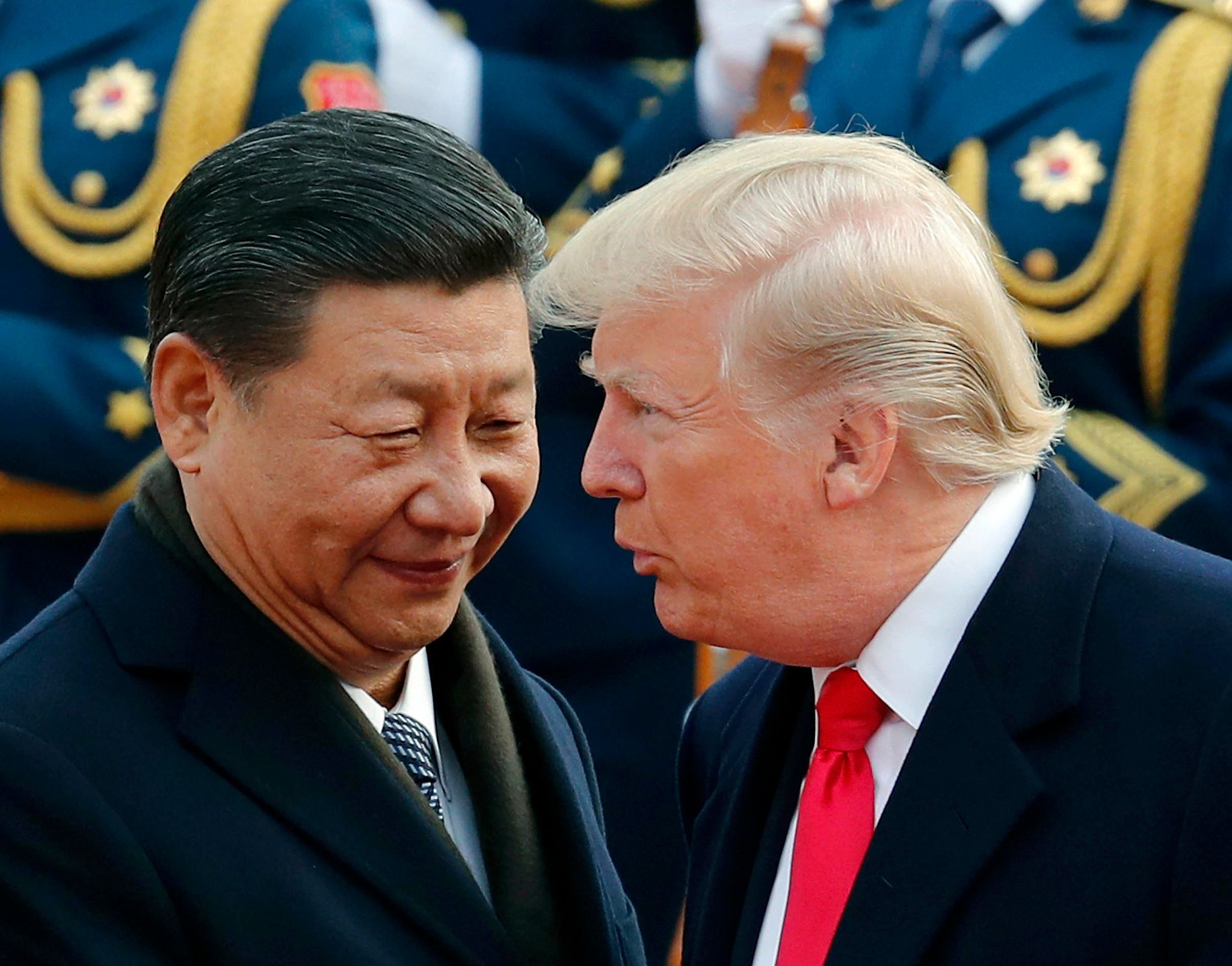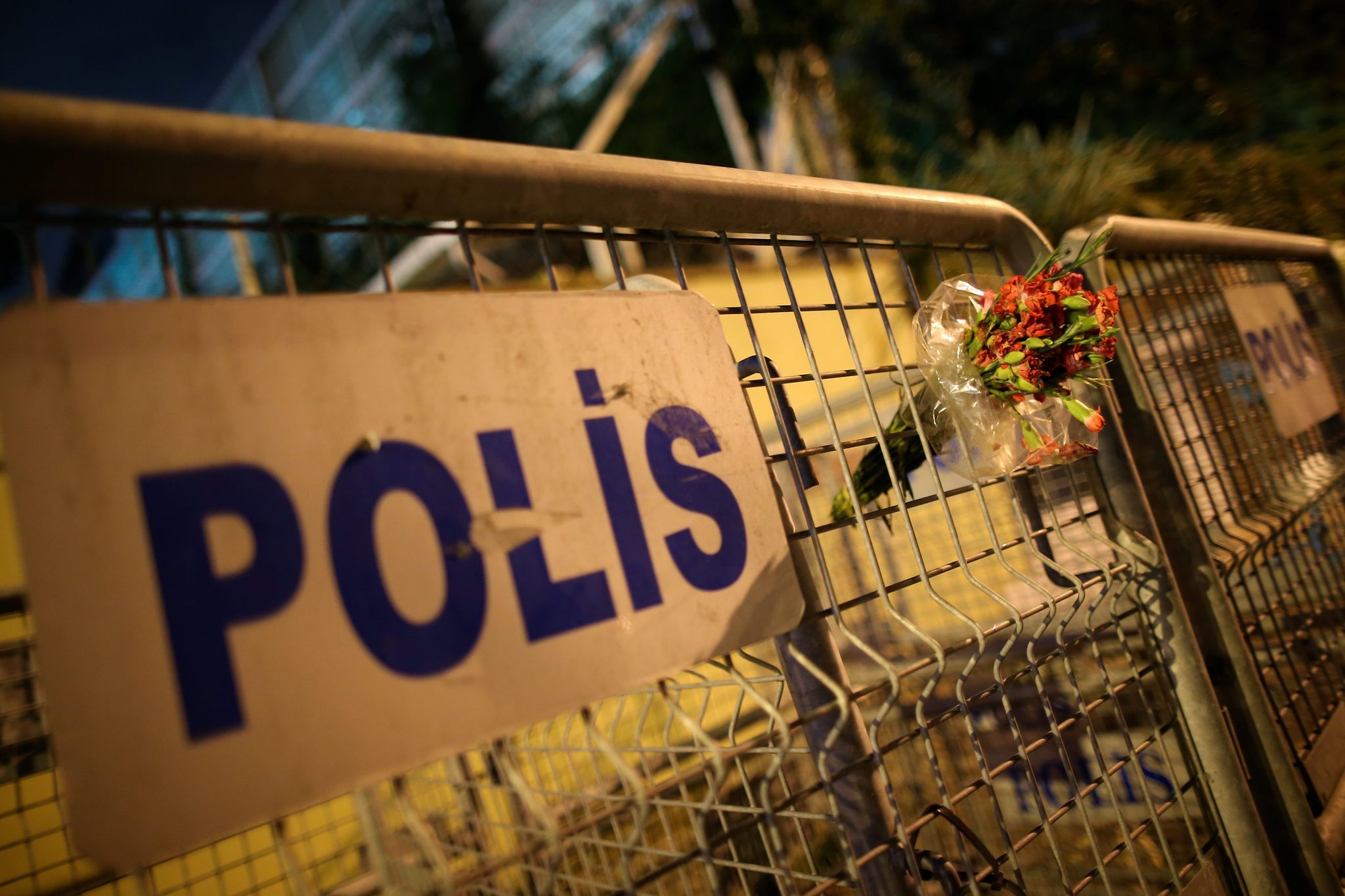
In the latest escalation of the U.S.-China trade war, Beijing on Monday accused Washington of “economic bullying” just as trade tariffs on $200 billion of Chinese made goods came into effect.
In the latest escalation of the U.S.-China trade war, Beijing on Monday accused Washington of “economic bullying” just as trade tariffs on $200 billion worth of Chinese made goods came into effect.
The hard-hitting attack on President Trump was delivered in an official white paper released by the Xinhua news agency and features Beijing’s argument that the U.S. is intimidating other countries through economic measures, damaging the global economy and using “trade bullyism practices.”
Considered Beijing’s most comprehensive public statement in the tariff war thus far, the white paper, which runs 36,000 words, keeps with Beijing’s stance of not personalizing the conflict by never mentioning Mr. Trump by name.
It does, however, lash out at his administration’s “America first” economic policies, criticizing them for threatening the world’s established multilateral free trade agreements and restating Beijing’s position that the only way to stop the battle is through cooperation.
“Cooperation is the only right option and only win-win cooperation can lead to a better future,” the white paper said.
To justify the trade war, Mr. Trump has long accused China of stealing technologies from America and unfairly subsidizing Chinese state-owned enterprises.
To punish them, Mr. Trump has argued for the U.S. to clamp down on Chinese imports and since July, roughly half of all Chinese good shipped to the U.S. have become subject to new duties.
The latest round of tariffs, which kicked in at 12 p.m. Monday, Beijing time, target almost 6,000 Chinese imports, including bicycles, furniture, handbags, rice and textiles, with smartwatches and high chairs reportedly exempt.
China, meanwhile, has responded by slapping tariffs on more than 5,000 U.S. goods, from honey to industrial chemicals, worth an estimated $110 billion.
Over the weekend, China recalled its naval chief from the U.S. to protest sanctions Washington slapped on Chinese entities for procuring Russian-made military equipment.
Chinese Vice-Premier Liu He, who is leading trade talks with the U.S., also cancelled a trip to Washington in protest of the tariffs.






